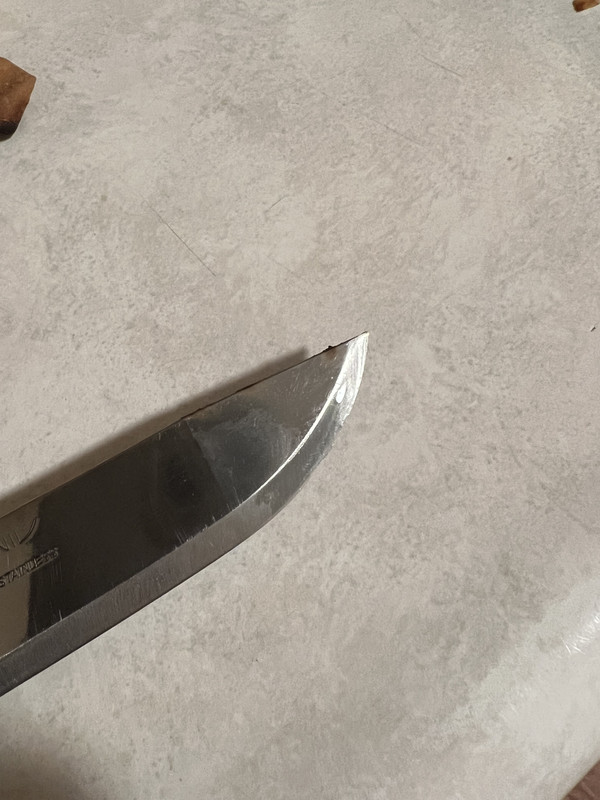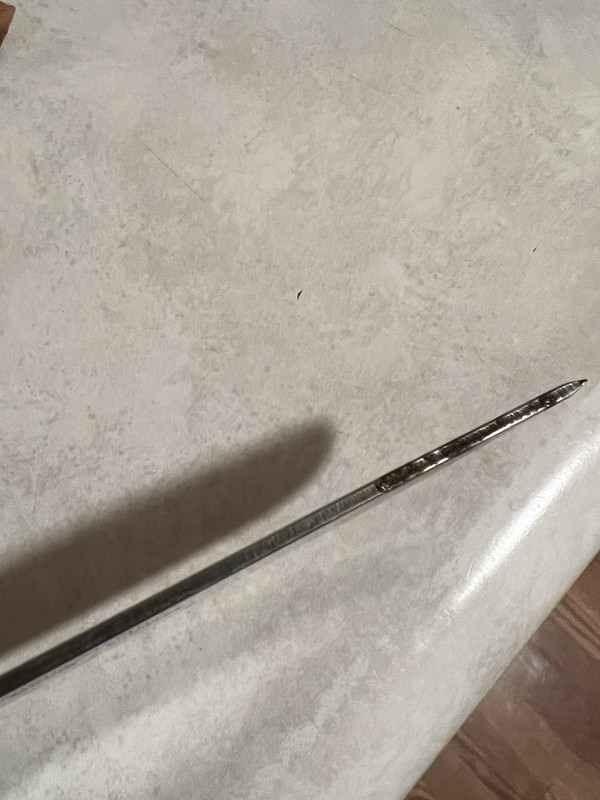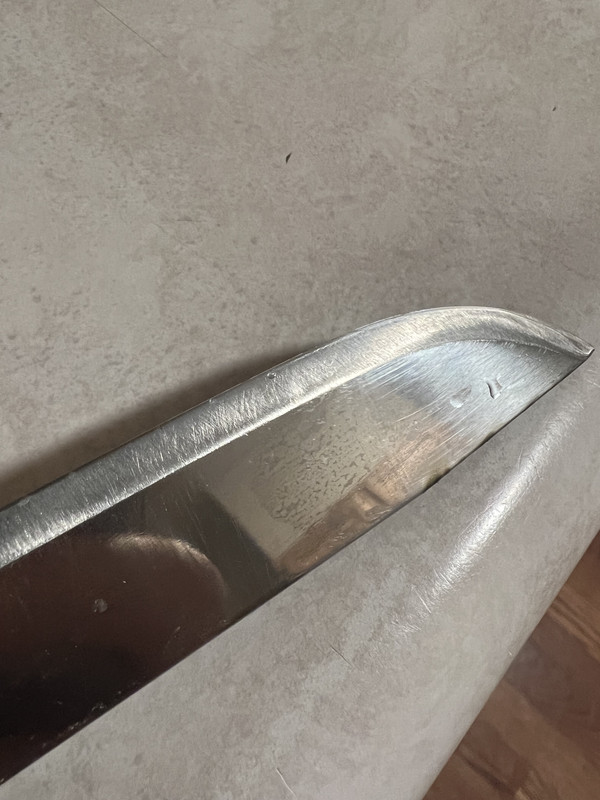I've never used the LC200N, but I've read very good things about it since it was recommended in the thread. I used H1, I think its toughness came from its softness. It was around 54 55 HRC. I wondered why it was so good on serrated edges. Considering the difference in hardness, I was expecting the opposite and I was very surprised. Of course, I'm just learning that H1 gets harder with use. I learned this thanks to
S
ShaiHulud
. Maybe it has something to do with this. Common sense tells me that harder steel will work better on a serrated blade (At least there is a difference of 4,5 HRC and I think H1 is a very soft steel)(unless it's powdered metal etc). I would be very happy if someone could explain the reasons for this.



